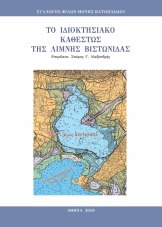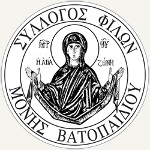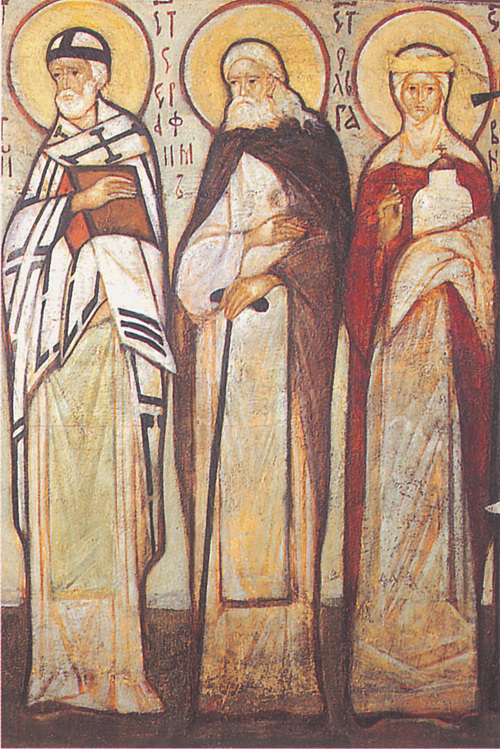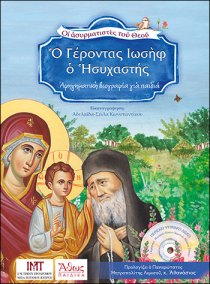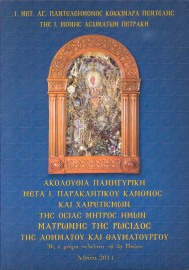 Continued from (17)
Continued from (17)
2. On Discovering the Will of God
Our life with the Elder had the character of childhood rather than a mature state. Our effort, in basic terms, was directed towards the monastic tradition, and we exerted ourselves as forcibly as possible in the obligations of our rule. What we lacked, essentially, was the discernment of an experience in discrimination so as to evaluate the situation, so that the spiritual scope of the Elder did not elude us in its depth and breadth and height. But is it perhaps usual and inevitable for disciples to discover their teacher ‘when he is taken from them’? (cf. Lk 24:31). Untiringly, the Elder made a constant effort to pass on to us everything that is spiritual and he did not fail in his aim, because ‘the wise man has his eyes in his head’ (Eccl. 2:14). It is true, however, that ‘for everything there is a season, and a time for every matter’ (Eccl. 3:1).
At a mature age, when the Elder was no longer with us, we understood the depth of his words and his actions even down to the details, whereas while he lived they seemed, to our inexperience, riddles that made no sense. We put all our meagre powers into our effort to be obedient and not to grieve the Elder. But we had virtually no comprehension of the meaning and main aim of the spiritual law which the Elder passed on to us with such fervour. I will not go into biographical details again, but I want to comment a little on the aforementioned subject of the spiritual law, which is what chiefly governs human beings.
We observed that the Elder never embarked on anything without first praying. We would ask him about something in the future or for the next day, and his reply was that he would tell us tomorrow. The object was so that he could pray first.
Our desire focussed on knowledge of the divine will: how should one recognise the divine will? He would say, ‘Are you asking about this, boys, when it is the most basic thing?’ We would encourage him with increased curiosity, ‘But, Elder, isn’t God’s will known in general terms through the Scriptures and the whole of divine revelation? Since everything in our life is regulated – what other question should we monks have?’ And the Elder replied, ‘May God give you “understanding in everything” (2 Tim. 2:7). St Nilus the Calabrian prayed that he might be granted “to think and speak according to
the divine will.”
Read more… Διαβάστε τη συνέχεια του άρθρου »

